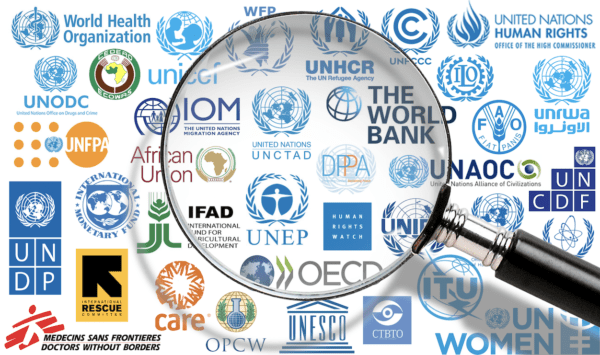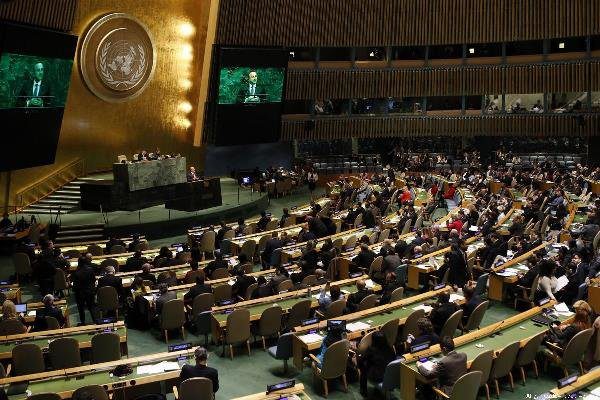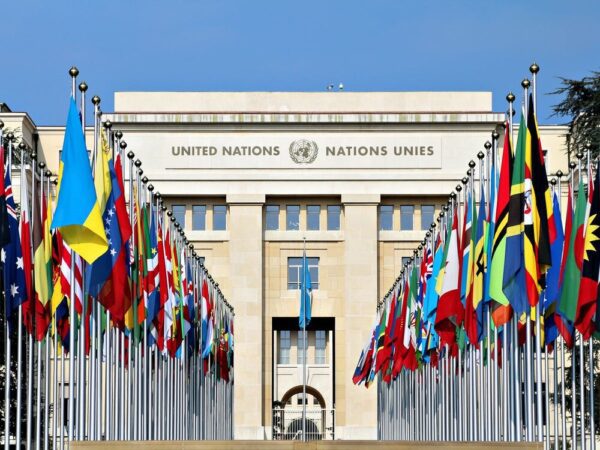International Culture
International culture refers to cultural characteristics that transcend national borders. These cultural traits and patterns spread through diffusion, migration, colonization, and globalization.
Now the question is, what kind of culture is international culture?
A culture that extends beyond national borders and is not limited to a country, a people group or even a continent! With this definition in mind, it is not surprising to know that international culture is sometimes referred to as world culture.
Marriage of Foreign Nationals
The marriage of foreign nationals with a citizen of another country can be considered as an excellent example of this culture. Maybe cultures have differences. For example, the wedding dress may differ depending on the culture of the bride’s country, and the ceremony may look very different depending on the religion of the couple, but the basic premise is the same.
International Cultural Cooperation
In general, the term international cultural cooperation refers to public and private efforts and national and international efforts to promote the transfer of knowledge, skills, arts, and information across national boundaries. This includes activities such as student and scholar exchange, technical assistance programs and information programs through mass media.
What Organizations Were Mainly Concerned with International Culture?
In the early stages of international cultural cooperation, people from voluntary organizations such as the Red Cross, educational institutions, foundations and business groups were concerned about this culture. Strictly speaking, the term international cultural cooperation should be limited to the activities of international organizations such as the United Nations, the Organization of American States or the European Union. Nationalist efforts using cultural resources as a tool of foreign policy in the modern use of this term cannot be considered international.

Recent Motivation for International Cultural Cooperation
1. The positive role assigned to the United Nations by member states in maintaining peace and creating the necessary conditions for a peaceful society.
2.The general belief that increasing cultural cooperation can contribute to international understanding and the development of a peaceful global community.
3.The reality of interdependence between all countries in their development and their need to access the cultural, intellectual and technological resources of the world.
4.Understanding that post-war tensions and ideological conflicts cannot be resolved by resorting to modern weapons. But it may be reduced by promoting international understanding and promoting human welfare through cultural cooperation between nations.
Which Organizations Played a Central Role Among the United Nations Agencies?
For the organized promotion of international cultural cooperation, the educational, scientific and cultural organizations of the nation’s clearly received a central role among the UN agencies. Their initial focus was on the general advancement of knowledge and promotion of international understanding through encouraging communication and cooperation in education, science, culture and mass media. However, the rapid emergence of new governments in former colonial territories led to an increased focus on cultural cooperation as a tool to deal with development problems.
They asked the World Health Organization, the International Labor Organization, the International Bank for Reconstruction and Development, the Food and Agriculture Organization, the United Nations itself and the Regional Commissions of the United Nations in Africa, Asia and Latin America to help strengthen the basic resources of education, science, mass media and became humanities.
The expanded program of technical assistance for economic development and work related to the Global Fund is a combined effort by United Nations agencies to promote international cultural cooperation in the broadest sense of the word, that is, the pooling of global resources of knowledge, skills, education, science, art, and culture through the efforts the international community became to speed up the development process in new countries. It is the most important part of cultural and global cooperation today in terms of cost and quantity.
Cultural Cooperation Program of Regional Organizations
Regional organizations, such as the Organization of American States and the Organization for Economic Co-operation and Development, have established programs to promote international cultural understanding as well as to provide humanitarian assistance and development to nations.
International cultural cooperation is still overshadowed by natural cultural activities in support of foreign policy goals (student exchanges, technical assistance, information programs, etc.). These activities may complement international cultural activities as long as the national policy is compatible with the policies of international agencies.

A large part of cultural cooperation across national borders is outside the scope of international organizations and national and supranational governments. This issue is carried out by national and international non governmental agencies including foundations, humanitarian organizations, welfare organizations, religious and international professional agencies. Because they put a lot of emphasis on helping newly developing countries, thereby helping to reduce the need for national and international government activities.

The literature on cultural cooperation increased rapidly, especially in the period after the First and Second World Wars. Official documents of international organizations and national governments have focused on issues related to policy, organization, management, and financing, and to some extent on evaluating the effectiveness of international cultures. Prolonged debates among nations in national legislatures, especially in the United States Congress, and in United Nations agencies, have revealed a growing interest and awareness of international relations and international cultures.
Scientific writings mention the following issues as concerns of international culture
1- Techniques for evaluating the impact of cultural cooperation activities.
2- Defining the goals that cultural cooperation can help.
3- Evaluating all kinds of cultural cooperation, including the exchange of scholars and students, information, advertising, communication and technical assistance.
4- Evaluation of specific cultural cooperation programs and experiences.
5- The policy of government and international organizations in relation to cultural cooperation.
6- Institutional facilities for cultural cooperation in the global community, including the role of universities.
7- Communication between cultures and between nations.
Up To Sum
International culture refers to cultural characteristics that transcend national borders. These cultural traits and patterns spread through diffusion, migration, colonization, and globalization. A culture that extends beyond national borders and is not limited to a country, a people group or even a continent! With this definition in mind, it is not surprising to learn that international culture is sometimes referred to as world culture.


